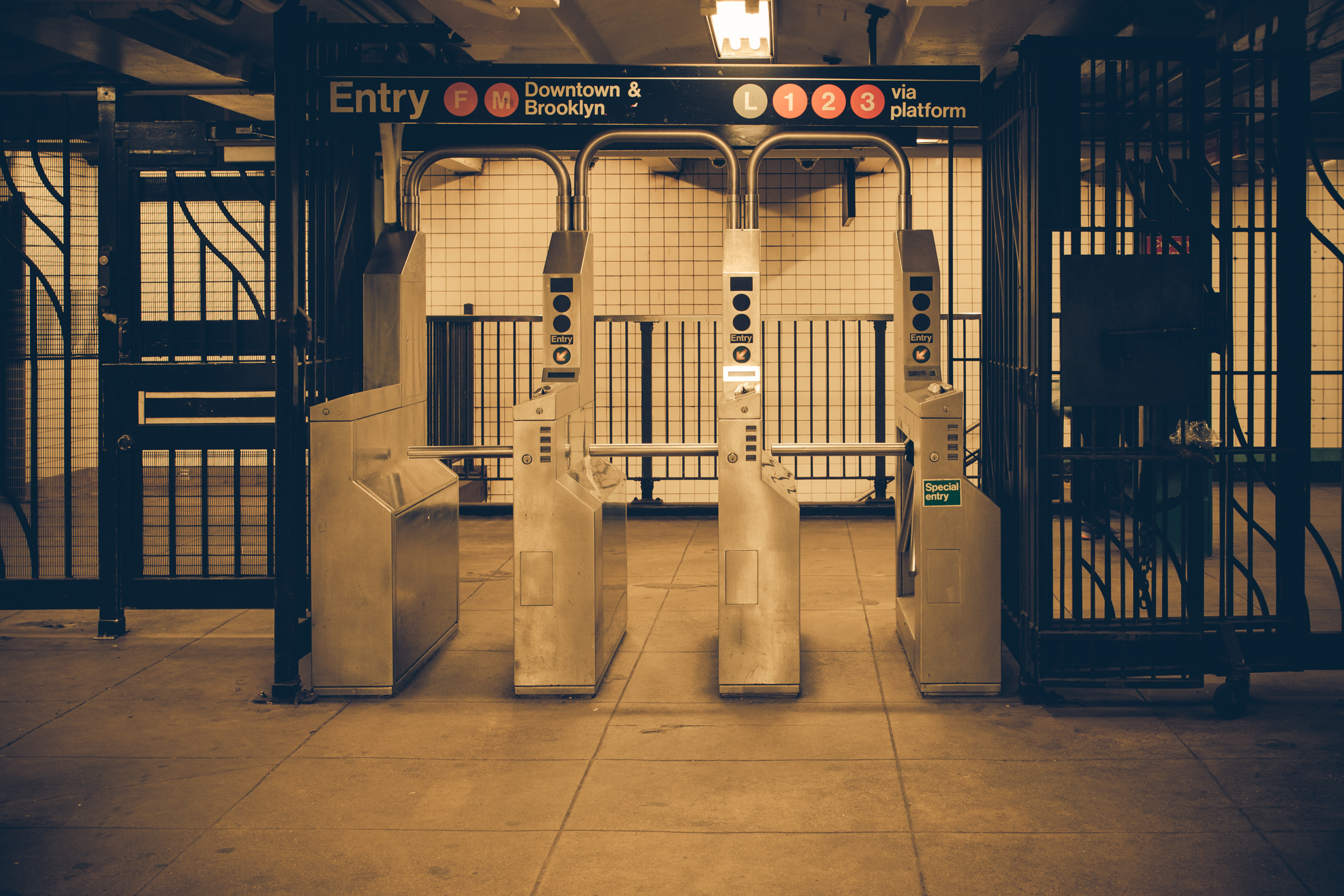New York State’s latest budget has introduced a prohibition against the Metropolitan Transportation Authority (MTA) using facial recognition technology for fare enforcement.
The new mandate instructs the MTA to refrain from employing biometric identification technologies, including facial recognition, to monitor fare payments.
State Assemblymember Zohran Mamdani of Queens highlighted the intent behind this decision, explaining, “There has long been a concern that [facial recognition] could invade upon people’s lives through expanded surveillance and through the criminalization of just existing within the public sphere.”
The budget, agreed upon by New York lawmakers and Governor Kathy Hochul, included this and other minor legal modifications without extensive public discussion, often leading to the budget being labeled as the “Big Ugly” by transparency advocates.
The new regulation was approved by various privacy advocates and good government groups, especially following the state legislature’s decision to double the maximum penalty for fare evasion to $200 this year.
Michael Sisitzky, a policy expert at the New York Civil Liberties Union, expressed his support, stating, “Imposing harsher fines for fare evasion criminalizes poverty and puts vulnerable New Yorkers at risk. It’s encouraging that Governor Hochul recognizes the dangerous and harmful impacts of biometric surveillance as a tool to combat fare evasion.”
An MTA spokesperson clarified that the agency has never utilized facial recognition technology within its growing surveillance network, which includes cameras in all subway stations and some train cars.
Despite the MTA’s stance, the NYPD has employed facial recognition since 2011 to enhance public safety, with access to MTA video feeds. The implications of the new law on NYPD’s use of this technology for monitoring fare evasion remain unclear.
Critics of the technology, like Will Owen from the Surveillance Technology Oversight Project, argue that New York should enact broader legislation to completely prohibit government use of biometric surveillance.
“We’re calling for New York state to pass legislation that would fully outlaw the use of facial recognition and other biometric surveillance by government agencies to truly protect New Yorkers,” Owen stated.
The debate over facial recognition technology extends beyond its privacy implications. Critics also highlight its potential for bias and inaccuracies, as demonstrated by several instances cited by the Innocence Project where individuals were wrongly accused based on misidentifications.
In response to concerns about the accuracy of facial recognition, the NYPD has assured that all information from surveillance footage undergoes manual review by officers before any enforcement action is taken.









